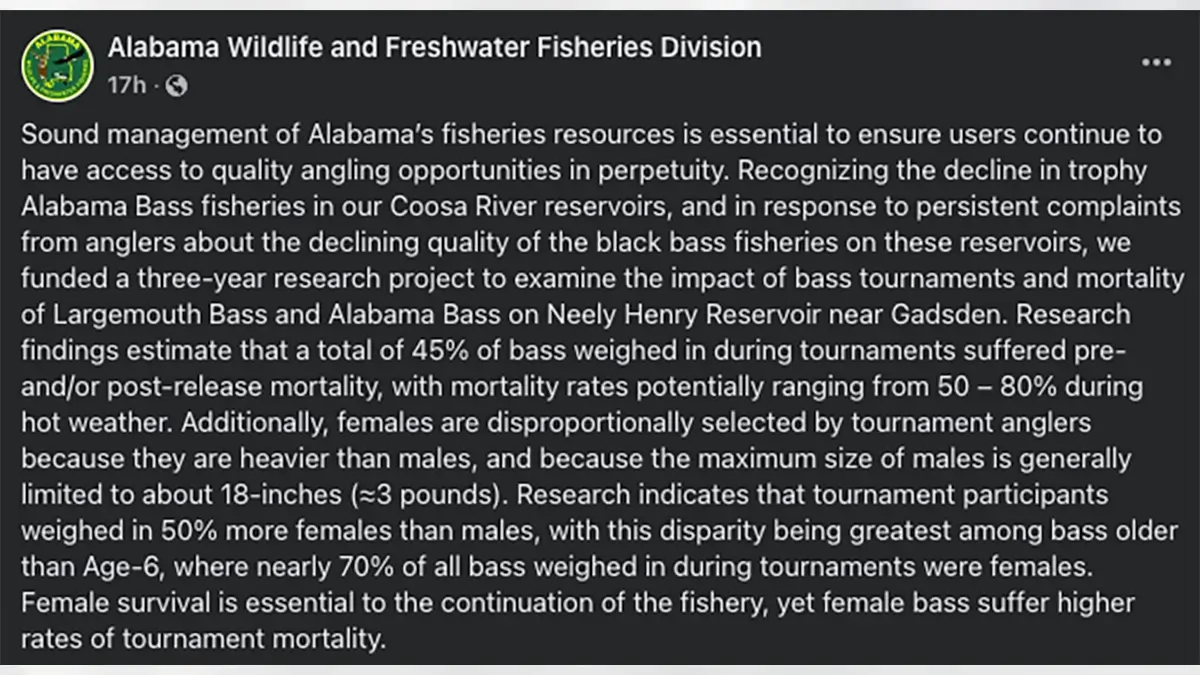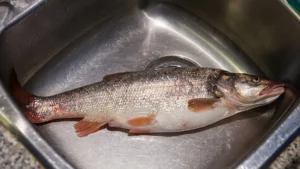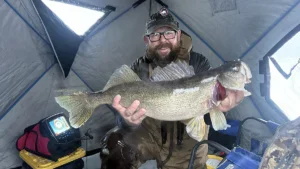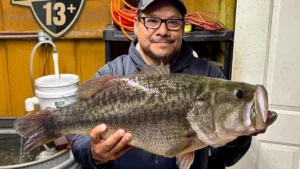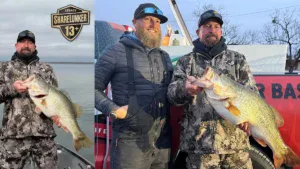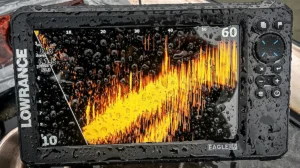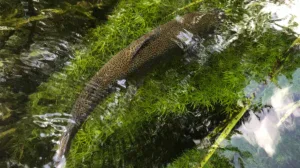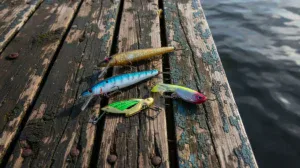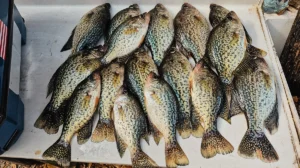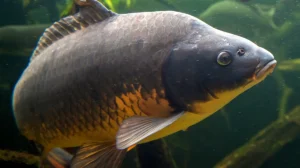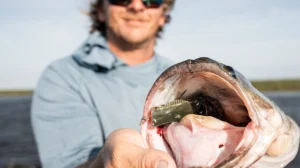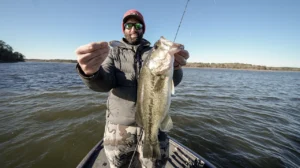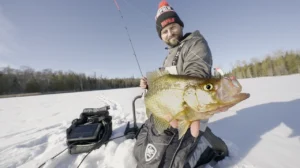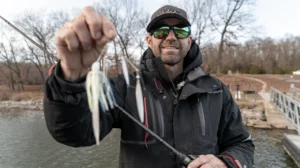The Alabama Wildlife & Freshwater Fisheries Division (AWFFD) has proposed a plan to institute a 14- to 20-inch tournament-only slot limit for all six lakes on the Coosa River. This proposal is in response to research conducted by Auburn University that tracked bass mortality rates on Neely Henry Reservoir in Alabama over the last three years.
The $843,000 project was funded by the Alabama Department of Conservation & Natural Resources “in response to persistent complaints from anglers about the declining quality of the black bass fisheries on Coosa River reservoirs.”
The above quote — and much of the subsequent information in this news piece – was pulled from a document that has been making the rounds on social media recently. We were able to track down the original document from Tim Miller, Classic Series Director of the Fishers of Men Alabama Northeast Division. Miller received the document directly from Damon Lee Abernerthy, Assistant Chief of Fisheries for the AWFFD.
As outlined in the document, the results of this research suggests to the AWFFD that instituting a tournament-only slot limit on all largemouth and Alabama spotted bass would drastically reduce bass mortality rates and increase the overall population of bass over 20 inches in all Coosa River reservoirs.
If this regulation is implemented, the AWFFD predicts a 20% to 43% increase in largemouth bass over 20 inches and 43% to 71% increase in the populations of Alabama spotted bass over 20-inches across all six fisheries (Weiss, Neely Henry, Logan Martin, Lay, Mitchell and Jordan). There was no time frame listed on the graph for how long it would take for these results to show up.
Are Bass Tournaments the Leading Cause of Mortality?
Per the AWFFD document, “Harvest rates (by recreational anglers) are very low, meaning tournaments are causing the majority of angling-related mortality. Therefore, reducing tournament mortality is the best way to improve bass size structure.”
Data derived from the AWFFD study done on Neely Henry estimated that, “only 2% of captured largemouth bass and 4% of captured Alabama bass were harvested by recreational anglers,” while “40% of the total capture events occurred during tournament competitions.” Of those fish caught in tournaments, “It was estimated that a total of 45% of bass weighed in during tournaments suffered pre- and/or post-release mortality.” And, “tournament mortality can range from 50 – 80% during hot weather.”
The Court of Public Opinion
Opponents of the regulation have stated on social media that the measure is too drastic and the regulation is an unfair attack on tournament anglers in particular and a governmental overreach. Compromises of a 14- or even 15-inch length limit have been suggested by local anglers, with an across-the-board application to all anglers, not just tournament anglers.
In a preemptive response to this predictable suggestion, the document released by AWFFD had this to say, “In theory, a very high minimum length limit would help to address overall mortality, but it would severely penalize recreational anglers who are far more numerous and are responsible for a much smaller proportion of the total mortality than tournament anglers. Therefore, a restrictive tournament-only slot limit would yield better results in significantly improving size structure, particularly for Alabama bass.”
Some anglers have taken a more neutral stance on social media, acknowledging that this is a drastic measure but one they believe will make a difference and have a positive impact on their beloved fisheries that have been in a noticeable decline the last few years.
Will the Proposed Regulation Hurt Tournaments?
Tournament organizations and local tourism likely have more at stake here than anyone else, with these regulations poised to make dramatic impacts on tournament participation. Instituting these regulations would inevitably impact tax revenue for the communities and cities surrounding these fisheries.
“Fishermen are passionate and that is evidenced by the numerous posts on social media about the proposed slot limit for the six lakes on the Coosa River system,” said Kay Donaldson, Director at Alabama Bass Trail Tournament Series. “Myself along with other tournament organizers, tourism officials and local governments are concerned that this will cause a significant reduction in angler participation in tournaments which ultimately will result in less tax revenue for host cities.”
Per Donaldson, the Alabama Bass Trail has generated an economic impact of over $103 million for the state of Alabama in just the last decade; 51 million of which was generated on the Coosa River. And, while the Alabama Bass Trail is the premiere tournament series in the state, it is just one of the tournament organizations that frequent these fisheries, with several more local, regional and even national organizations like B.A.S.S., MLF and NPFL historically bringing their trails to these fisheries.
“Fishing tournaments lure tax dollars to our state and I hope that, through stakeholder meetings or public hearings, a compromise can be reached,” added Donaldson.
A Better Tomorrow?
In an apparent attempt to convey their intentions and communicate empathy for the tournament angling community, the AWFFD document concluded with this statement.
“Initially, tournament weights will be significantly impacted as there are currently very few fish exceeding the upper end of the protective slot. However, each year, survival and growth of fish protected by the slot limit will result in increases in abundance of fish over 20-inches in length. Perhaps the greatest benefit of this regulation would be to increase voluntary participation in catch-weigh-release tournament formats. This would allow tournament organizations to credit its competitors with catches of all fish within the protective slot limit. Their immediate release following the catch and weighing would reduce tournament mortality to near zero.”

